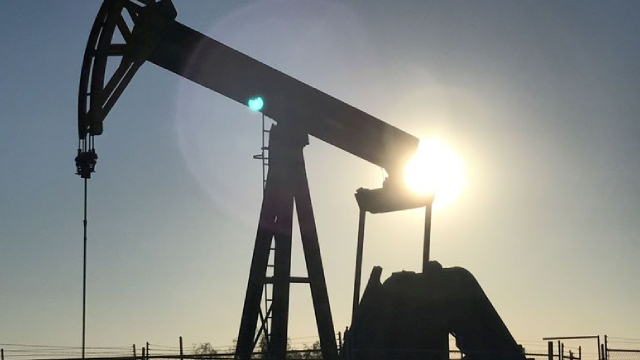A New Era for Iraq’s Energy Sector: The Kirkuk Oil Fields Redevelopment
The Iraqi government’s final approval for British Petroleum (BP) to redevelop the Kirkuk oil fields marks a significant milestone in Iraq’s quest to boost its energy sector and secure its position as a major global player in the oil industry. This project, which aims to produce more than 3 billion barrels of oil, is expected to bring about substantial economic benefits for Iraq and the world.
Historical Context
The Kirkuk oil fields, located in the northern part of Iraq, have a rich history dating back to the late 1920s. These fields, which hold an estimated 14 billion barrels of oil in total, have long been a source of contention among various political entities in the region. After the U.S.-led invasion of Iraq in 2003, the country’s oil sector went through a series of restructuring and privatization efforts, which paved the way for the involvement of international oil companies like BP in the redevelopment of Iraqi oil fields.
Economic Impact on Iraq
The redevelopment of the Kirkuk oil fields is expected to bring about several economic benefits for Iraq. First and foremost, it will significantly increase the country’s oil production capacity, which will lead to increased revenue from oil exports. This, in turn, will help Iraq reduce its reliance on foreign aid and improve its overall economic situation. Additionally, the project is expected to create thousands of jobs for Iraqis, which will help alleviate unemployment and boost the country’s labor market.
Global Implications
The redevelopment of the Kirkuk oil fields is not only important for Iraq but also for the global oil market. Iraq is currently the second-largest oil-producing country in OPEC, and the increase in production capacity from the Kirkuk fields will further solidify its position in the global oil industry. This will help maintain a stable supply of oil in the global market, which is essential for the economies of many countries that rely heavily on oil imports. Furthermore, the increased revenue from oil exports will enable Iraq to invest in other sectors, such as infrastructure and education, which will contribute to the country’s overall economic growth and development.
Personal Implications
As an individual, the redevelopment of the Kirkuk oil fields may have several implications. First, it could lead to a decrease in the price of oil, which would be beneficial for consumers who depend on oil for transportation or heating. However, it could also have negative consequences for those employed in the oil industry or those who invest in oil stocks. Additionally, the increased production capacity from the Kirkuk fields could lead to an increase in geopolitical tensions in the region, which could have far-reaching implications for global security and stability.
Conclusion
The final approval for BP to redevelop the Kirkuk oil fields marks a new era for Iraq’s energy sector and its position in the global oil industry. This project, which is expected to produce more than 3 billion barrels of oil, will bring about substantial economic benefits for Iraq and the world. It will increase Iraq’s oil production capacity, create thousands of jobs, and maintain a stable supply of oil in the global market. However, it could also have negative consequences for individuals employed in the oil industry or those who invest in oil stocks. Additionally, the increased production capacity could lead to geopolitical tensions in the region. Despite these challenges, the redevelopment of the Kirkuk oil fields is a significant step towards Iraq’s economic growth and development, and it will contribute to the stability and security of the global oil market.
- Iraqi government approves BP’s plan to redevelop Kirkuk oil fields
- Project aims to produce more than 3 billion barrels of oil
- Significant economic benefits for Iraq and the world
- Increased oil production capacity and revenue
- Thousands of jobs created for Iraqis
- Maintains stable supply of oil in the global market
- Potential negative consequences for individuals and geopolitical tensions





